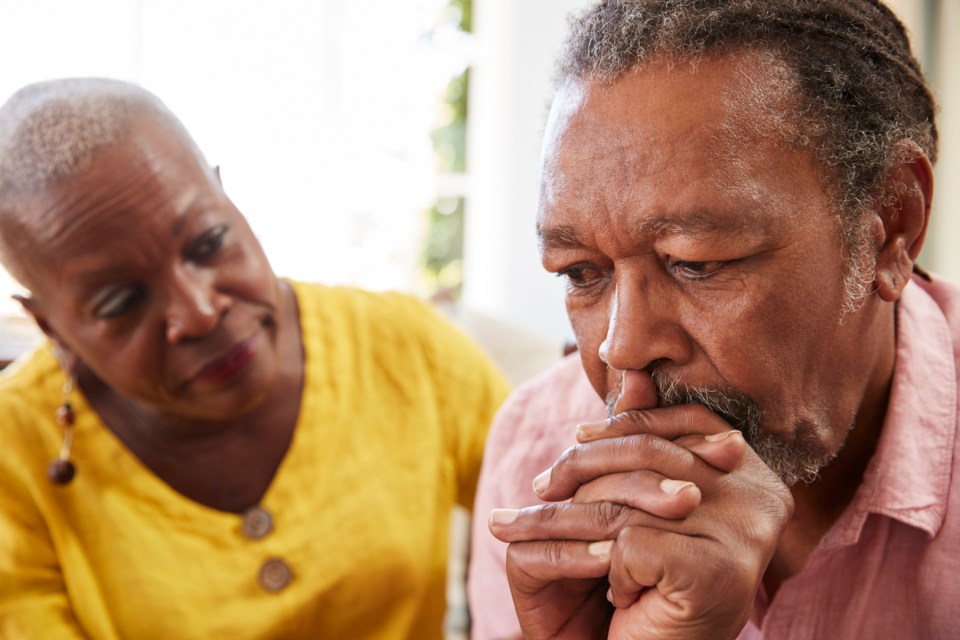When a loved one enters hospice, it’s not uncommon to begin wondering what will happen when they are no longer with us. This is referred to as anticipatory grief.
What will we do during summer vacations? Whose house will we gather at for Thanksgiving?
What is anticipatory grief? It’s described as feeling the loss before the death of a loved one or in anticipation of a dreaded event, before it occurs.
Upon admission to hospice, your care team should complete an initial bereavement assessment for every patient and family member. An important aspect of this assessment is the evidence of signs of anticipatory grief. This grief entails not only grief for the future but also for the past and present. This can be especially evident during the holidays.
Patients and families may recall past holiday celebrations that were especially joyful and speak of their dread for next year when their loved one will not be present.
Patients may verbalize their realization that this will probably be their last holiday with family and friends. Some families may deal with guilt and anger by refusing to decorate, celebrate or acknowledge the holidays in any way.
NHPCO offers some suggestions to help those grieving during the holiday season
1. Be supportive of the way the person chooses to handle the holidays. Some may wish to follow traditions; others may choose to avoid customs of the past and do something new. It is OK to do things differently.
2. Never tell someone that he or she should be “over it.” Instead, give the person hope that, eventually, he or she will enjoy the holidays again.
3. Be willing to listen. Active listening from the hospice staff is an important step to helping some cope with their grief. Slow down and spend extra time at the bedside.
4. Hospice volunteers may offer to assist patients and families with home decorating activities, holiday shopping or baking in the patient’s home.
In general, the best way to help those who are grieving or experiencing anticipatory grief during the holidays is to let them know that you care, acknowledge the extra burden that the holiday season brings at this difficult time and assure them that you are there to support them through this difficult time.
The content of this site is for informational purposes only and should not be taken as professional medical advice. Always seek the advice of your physician or other qualified healthcare provider with any questions you may have regarding any medical conditions or treatments.



